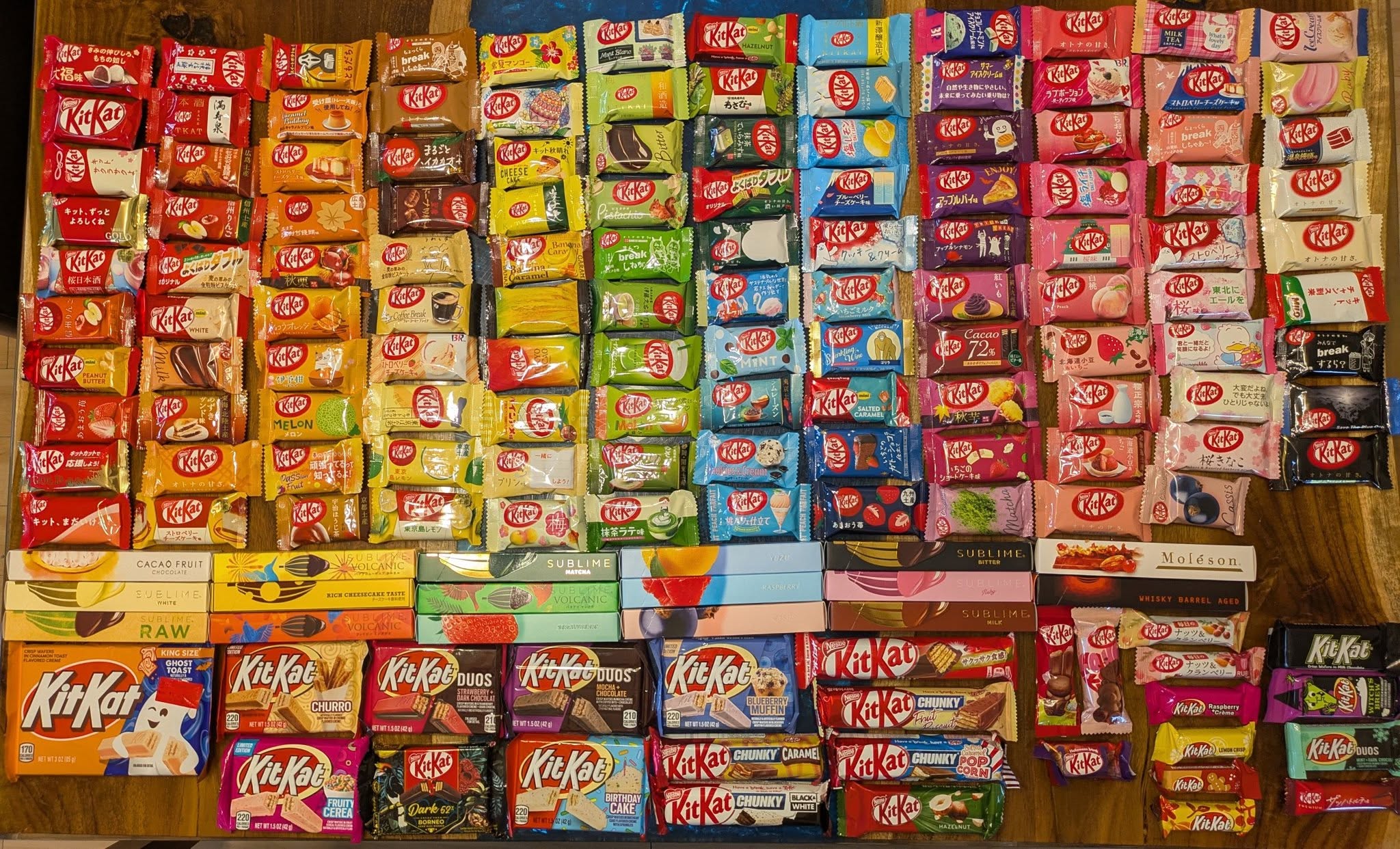Marketers often aim to convince, or entice, their target audience through advertisements and campaigns, but what if the real opportunity lies in reshaping behaviour? media update's Venelize de Lange explores how deep consumer insight and long-term strategy can drive lasting change, offering lessons for brands looking to influence consumer habits.
When Nestlé first entered the Japanese market in the 1970s, it quickly learned that traditional marketing wouldn't work. Japan was not just a tea-drinking nation, tea was tied to cultural identity, ritual and social connectivity.
The brand's initial advertising campaigns failed, because the problem wasn't product exposure — but what the product meant to consumers. That is when Nestlé shifted focus from promotion to psychology.
The marketing team worked with psychoanalyst Dr. Clotaire Rapaille, who believed emotional preference is formed at childhood. The team realised that the Japanese weren't rejecting coffee for flavour related reasons; they simply lacked a positive, emotional association with it.
So, instead of trying to push instant coffee on adults, Nestlé turned to children. They introduced coffee flavoured sweets, chocolates and desserts (none of course were caffeinated, but all were engineered to imprint taste into early memories through flavouring).

Via Facebook
One of the most impactful execution was KitKat, pronounced "Kitto Katto" in Japan. Its name phonetically aligns with, "Kitto Katsu", meaning, "surely win", which made it emotionally resonate in the country where small symbols of encouragement or luck are valued.
By the 1980s that same generation entered the workforce. When real coffee was reintroduced to them, it no longer felt foreign — but nostalgic.
Nestlé then amplified its impact through the Nescafé Ambassador programme, positioning coffee as a workplace ritual by installing free machines in offices. Additionally, the company capitalised on Japan's widespread vending machine culture by introducing canned coffee, making consumption effortless and habitual.
Today's market shows that their long-term efforts have paid off. According to a 2024 Kadence survey, 42% of Japanese consumers now opt for instant coffee for its convenience while 40% buy it ready-made from stores.
To marketers, this shows that consumer behaviour doesn't change through persuasion alone; it changes when a product aligns with emotion, memory and daily routine.
Nestlé succeeded not by outselling tea, but by slowly building emotional ownership. That's not just smart marketing — it's behavioural strategy.
Did you enjoy this article? Let us know in the comments section below.
*Image courtesy of Canva and Facebook
**Information sourced from Medium, Kadence International and FoodTalks